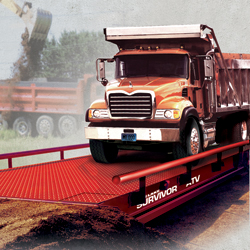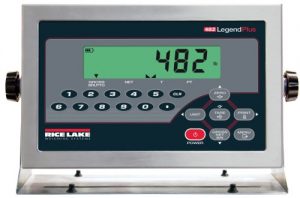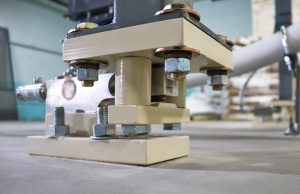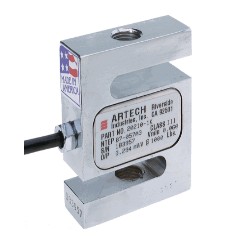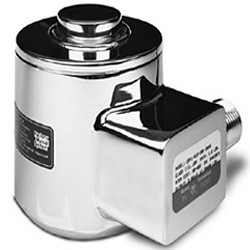Most of the time when you think about tank scales or hopper style scales you often think of load cell mounts or weigh modules with strain gauge load cells placed under the vessel. But in today’s entry we take a look at a few of the advantages of using a hydraulic load cell instead. Out of all the weighing technologies available, hydrostatic load cells often standout as one of the most robust and dependable solutions on the market today. Let’s take a look at five of the advantages of choosing a hydraulic load cell system for placing under your tank.
Durability and Resilience
Hydrostatic load cells are engineered with simplicity and resilience in mind. Unlike electronic load cells which contain delicate components vulnerable to environmental factors such as temperature fluctuations, moisture, and electromagnetic interference. This inherent simplicity not only reduces the risk of component failure but also enhances longevity, making hydrostatic load cells ideal for harsh industrial environments where reliability is crucial. The factory believes in the quality and durability of the hydrostatic load cells so much that they offer a lifetime load cell guarantee.
Minimal Maintenance Requirements
Electronic load cells sometimes require periodic calibration and maintenance to ensure accuracy and performance. In contrast, hydrostatic load cells have minimal maintenance requirements. This translates to reduced downtime and lower maintenance costs, providing a clear advantage for businesses seeking efficiency and cost-effectiveness.
Accuracy and Precision
Hydrostatic load cells offer exceptional accuracy and precision, even in demanding conditions. As a result, users can rely on hydrostatic load cells to deliver precise measurements with confidence, whether for process control, material testing, or other critical applications.
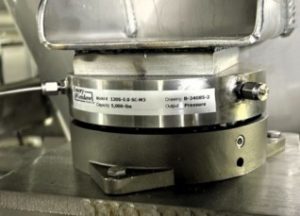
Intrinsically Safe Design
In environments where explosive gases or flammable materials are present, safety is of utmost concern. Hydrostatic load cells offer an intrinsically safe design, with no electrical components in direct contact with the measured load. For industries such as oil and gas, chemical processing, or mining, where safety is non-negotiable, hydrostatic load cells provide a reliable solution for accurate weight measurement without compromising safety.
Cost Effectiveness
With minimal maintenance requirements, extended durability, and reliable performance, hydrostatic loadcells offer excellent long-term value. Businesses can benefit from reduced downtime, lower maintenance costs, and improved operational efficiency, leading to a higher return on investment (ROI).
So those are some of the advantages of using hydrostatic load cells under your tank. Now to be fair there can be some disadvantages to choosing a system like this. A hydrostatic system like this can cost more than a traditional weigh module kit with strain gauge load cells. And, installation and regular maintenance would need to be handled by a local scale company with hydraulic load cell experience. In other words, not every scale company out there has experience with this type of weighing equipment.
If you are interested in learning more or getting a quote on a 120 Series or 136 Series. Please contact our sales department via the RFQ form on our website. We look forward to working with you.

